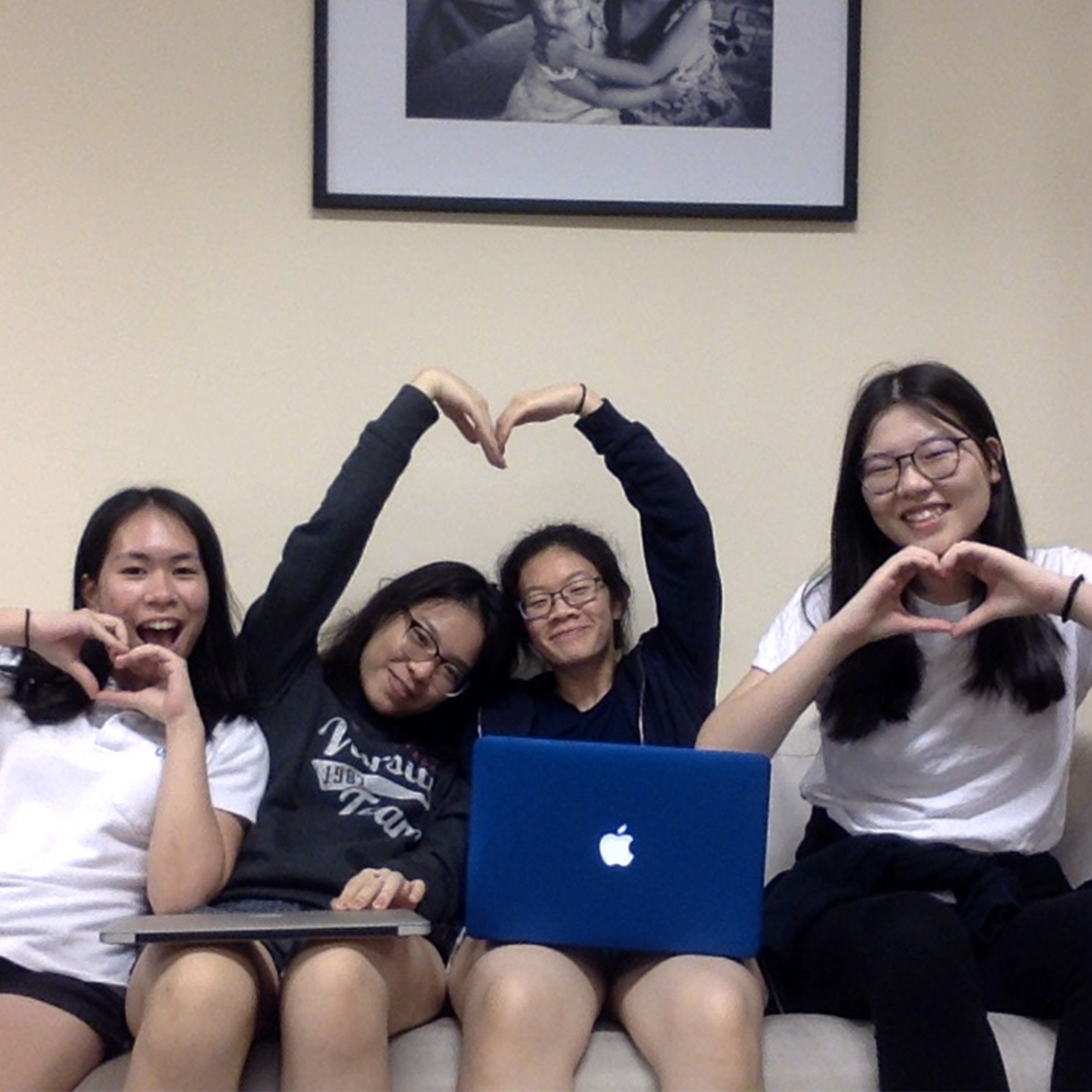INVESTIGATION STAGE
Throughout high school, I have always heard that Project Week is the highlight of a UWCSEA students high school career. I originally wanted to visit my GC in Beijing since I have been part of the group for two years now. This is also a new partner so this would be a good opportunity to visit them and see where our funds are going. However, my GC members and I did not have similar interests in areas other than service as most of us don’t want the trip to be purely service and would like to incorporate other aspects of CAS too. There was also going to be budget problems as the flight costs more than other southeast Asian destinations. We could have definitely persevered more but there were initially two other groups who wanted to go to them same service and our NGO would not be able to accommodate that many anyway. Therefore, I decided to compromise and find a new group with people who have similar interests to me.
Eventually, I found a group that had similar interests which are cooking, crafting, service, and hiking. However, we also had a problem where we were told that we could not return to our home country and most of us were from Southeast Asia. This limits our destinations as we could not go to Thailand, Malaysia, Vietnam, and Indonesia. Therefore, we settled with Manila, the Philippines as it catered to our interests, UWC had ties with NGOs there, there are many hiking options near Manila, and they are known for their food and art. Most of us have never been there or went there when we were too young to remember much. This will allow us to expose ourselves to a new country and culture. With similar interests, we will be able to make more worthwhile actions and impacts. It will also make us all collectively more aware of not only the issues the NGO deals with but also the local culture in the Philippines.
PREPARATION STAGE
LO3: Demonstrate how to initiate and plan a CAS experience
LO5: Demonstrate the skills and recognise the benefits of working collaboratively
Group Reflection:
Individual Reflection:
I think I demonstrated most growth in is learning outcome 3. In the past, when planning for other CAS experiences, even when they’re student initiated, there is still structure or guidance to follow. With project week, we, as students, have almost full control of what we want to do. This is the first time for most of us to plan a trip on our own, including flights, accommodation, and activities. Our supervisor is just there to guide us when needed but the bulk of the work is done by the students. The service partner is one that East has not directly worked with before so it was a great experience to work with someone with minimal prior connection. It also taught me to take advantage of the many connections we have at our school. Even though this service partner was one we found through research, it is actually a GC in Dover who we managed to contact, our NGO has also interacted with the Business department at school before. The wealth of resources and connections has made the work flow better.
A few compromises had to be taken along the way which impacted our itinerary. Initially, we were going to do a hike as part of our action. Philippines is also known for their beautiful lakes, seas, and oceans and a lot of their nature are almost untouched. Although we enjoyed hikes, most of us are beginners who would prefer day hikes rather than camping our in the forest. We did a lot of research regarding which mountain was most suitable in terms of difficulty level and location from our service. We settled with Mt Maculot in Batangas and narrowed down to two companies that provide English speaking guides and transportation to and from Manila. One of the companies never responded to our emails and another seemed to have dodged the ten questions we asked. The response made us question their reliability and we thought it was best to remove hiking from our itinerary for our safety.
For service, we initially wanted to do soup kitchen in Manila since that was what our partner in Dover suggested. It also works well with our plans as we are able to do service in the first half of the day and in the afternoon, we are able to go to art classes and workshops. However, we learnt that the soup kitchen only opens in July so our NGO has kindly transferred us to house building. The two activities were very different and it also affected our itinerary we were going to do less days of service but for longer hours. I personally have never done house building before so this is a new experience. Everyone in the group faced the change with a positive mindset and were very open to the idea.
Another important skill that I learnt through this experience is to take initiative. There are times when the group is not as productive or goes stale mate so it is important for a member to pick the pace back up and continue. There is also a lot of tasks to be completed that no one person can complete all so it is best that each member picks a task they are willing and able to complete. This allows us to work efficiently and willingly. I also became more flexible, taking up tasks that are not usually what I do or what I’m used to. Overall, our communication has definitely improved compared when to when our group first assembled. We have a greater understanding of each other’s strengths, weaknesses, and work ethic or pattern.
Example of working document:
